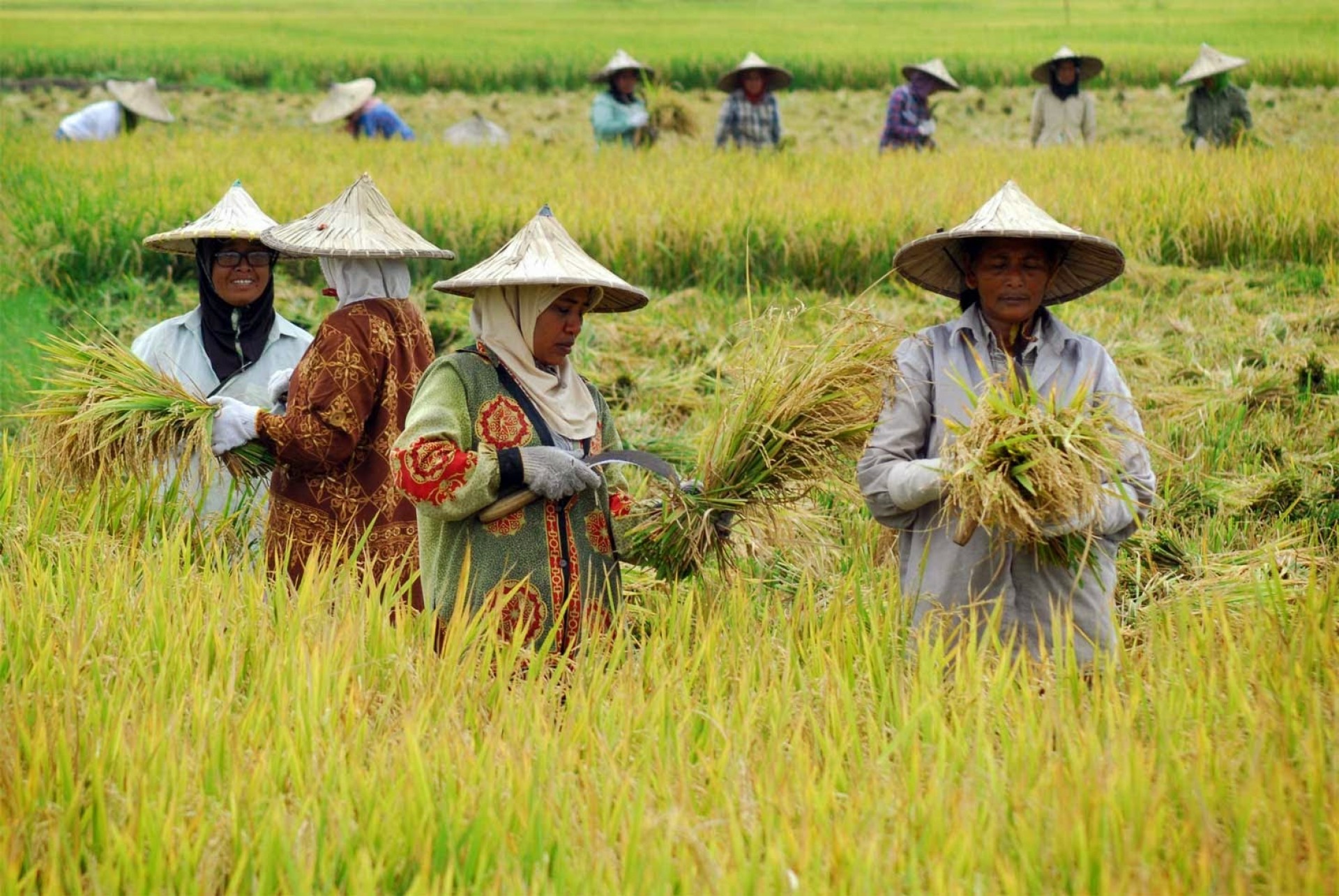The Indonesian government's plan to convert agricultural land in Java for a three million housing program has sparked significant concern among lawmakers and food security advocates. Daniel Johan, a member of the House of Representatives Commission IV, argues that this policy contradicts President Prabowo Subianto's vision of achieving national food self-sufficiency. He warns that such land conversions could adversely affect the environment and undermine the nation's food security.
"If the land is converted, what will be the fate of Indonesia's food security? Meanwhile, food security is a major pillar of local community welfare," Daniel Johan stated on Tuesday, December 17.
The government's proposal involves repurposing rice fields and farmlands in Java to construct three million houses and implement downstream policies. Critics argue that this approach conflicts with food self-sufficiency initiatives and may exacerbate the challenges faced by small-scale farmers who already operate on limited land.
Daniel emphasizes that spatial planning policies should align with sustainable development goals that prioritize the well-being of the populace. "We cannot just make profits one way and harm the people. The government must realize that farmland is not just land but a source of life for millions of Indonesians," he asserted.
The policy concerning sustainable agricultural land areas (KP2B) is expected to be included in the Draft Government Regulation on the 2025-2045 National Regional Plan (RPP RTRW), currently under preparation by the Coordinating Ministry for Infrastructure and Regional Development. KP2B aims to facilitate the conversion of Java's sustainable food farmland into housing and downstream programs, targeting the construction of three million homes annually. Notably, developers utilizing rice fields in Java may not be required to create alternative rice fields outside the region.
Daniel cautions that protecting farmland is synonymous with safeguarding the nation's future. He notes that continued conversion of productive farmland, especially in Java—the country's primary food production hub—could severely impact national food supplies and further marginalize economically vulnerable farmers.
"Imagine how much farmland will be lost to build three million houses. This is not in line with President Prabowo Subianto's vision and mission of pursuing a food self-sufficient Indonesia," Daniel remarked.
He advocates for the expansion of farmland to support small farmers, rather than diminishing agricultural opportunities through land conversions. Such policies, he argues, could exacerbate the decline of Indonesia's agricultural sector. "At a time when it is difficult for farmers to recover, the land transfer policy will further erode Indonesia's agriculture. Indonesia is an agricultural country," Daniel concluded.
This debate underscores the tension between developmental initiatives and the imperative of maintaining food security. As Indonesia strives for economic growth and infrastructure development, balancing these objectives with the preservation of agricultural land remains a critical challenge.
Read More






 Monday, 02-03-26
Monday, 02-03-26







